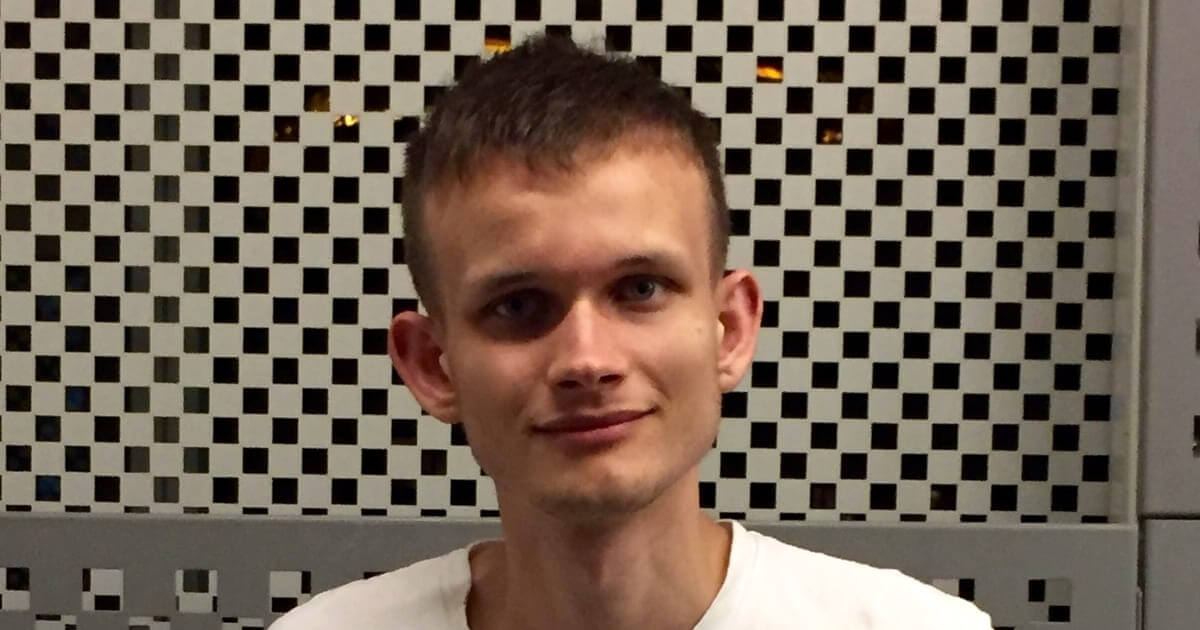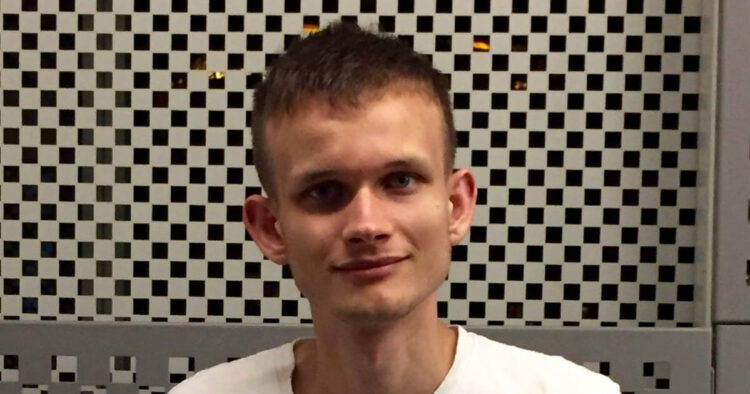
Vitalik Buterin, the founder of Ethereum, presents a compelling narrative on techno-optimism in his latest article. He starts by acknowledging the influence of Marc Andreessen’s “techno-optimist manifesto” and the ensuing debate it sparked among thought leaders. Buterin’s take is both warm and nuanced, believing in a future brightened by transformative technology while recognizing the importance of direction in technological advancements.
He critiques the stagnation ideology, which fears technological advancements and prefers preserving the current state of the world. Instead, Buterin argues for a balance, prioritizing certain types of technology that can mitigate the negative impacts of others. He notes the world’s overemphasis on some tech directions while neglecting others and stresses the need for active human intention to choose our technological path, rather than leaving it to the maximization of profit alone.
Buterin discusses three perspectives on technology: anti-technology, which sees dystopia ahead; accelerationist, which envisions a utopian future; and his view, recognizing past dangers but acknowledging multiple forward paths, both good and bad. He elaborates on various technologies, including blockchain and AI, and their societal implications.
Addressing the issue of AI, Buterin considers it fundamentally different from other technologies. He delves into the existential risks associated with AI, emphasizing the need for unique caution. The possibility of AI surpassing human intelligence and becoming the dominant species is a central concern in his argument. He presents the potential of AI leading to human extinction or, at the very least, a future where humans may not want to live.
The article further explores the concept of d/acc (defensive or decentralization acceleration), advocating for technologies that favor defense and healthy, democratic governance. Buterin emphasizes the importance of differentiating between offensive and defense-favoring technologies, advocating for the latter to promote a safer and freer world.
He concludes with reflections on the future paths for superintelligence, considering options like a multinational AI consortium or a polytheistic AI approach. Buterin leans towards human-AI collaboration, suggesting brain-computer interfaces and other augmentation technologies as means to keep pace with AI developments. He advocates for a future where humans retain meaningful agency, enhanced by, rather than subjugated to, AI.
Buterin’s vision is a blend of optimism and caution, promoting technological advancement while emphasizing the critical role of human choice and intention in shaping our future.
Image source: Shutterstock Read The Original Article on Blockchain.News














